
Family Meal Times with Kids with Autism
Regular mealtimes and other strategies help children with autism learn good behaviors and make meals more enjoyable for the whole family.
February 15, 2024Individuals with autism typically engage in stereotypical, restrictive, or repetitive behaviors, such as hand flapping, body rocking, lining up objects in a fixated manner, or compulsive ritual behaviors.
Autism does not affect life expectancy. However, research has shown that the mortality risk among individuals with autism is double the general population, in large part due to drowning and other accidents.
Lorem ipsum dolor sit amet. This is link
Lorem ipsum dolor sit amet. This is link
"*" indicates required fields
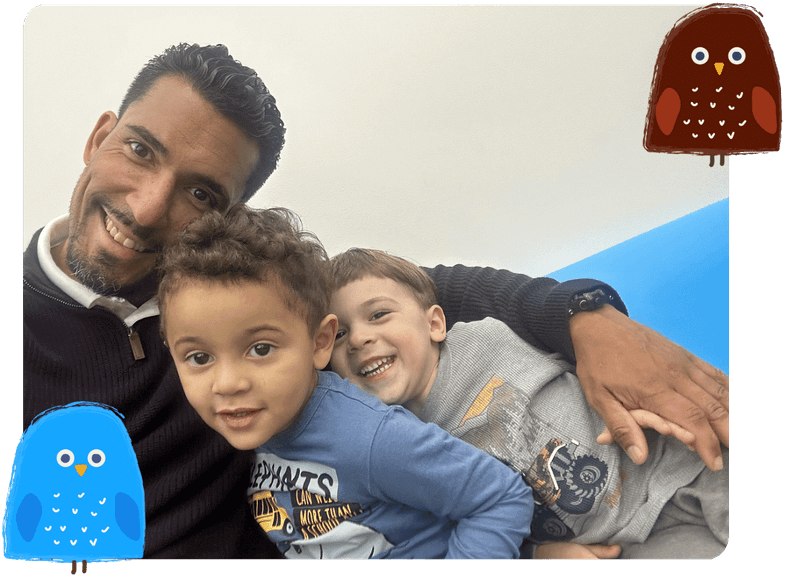
PRISM Learning Center aspires to improve the quality of life for the Autism community. We recognize the emotional, physical, and financial impact this diagnosis can have on an individual, family, and communal level. We are committed to addressing the learner’s successful independent development and supporting those who interact with them daily.
We believe that by employing the principles of Applied Behavior Analysis to teach our learners adaptive behaviors, they can flourish into happy, productive, and contributing members of society. At PRISM, success is not measured by the goals we master in therapy, but by the realization of our learners no longer requiring our services.
Contact UsAt PRISM Learning Center we understand that quality of life does not exist without independence. Our hope for our learners is that one day they will thrive in any setting and in any relationship, be it at home, in school, on the playground, and among family, friends, or coworkers. We recognize that for our learners to have the possibility to be included and accepted in those environments, we first need to decrease stigmatizing behaviors that isolate them from their typically developing peers. Our goal is to increase their opportunities for true independent living.
At PRISM, our approach for decreasing maladaptive behavior is by establishing what we call the “function” of the behavior. What purpose or need does that behavior meet? And how can we teach a more effective way for that need to be met? We address the learner’s developmental deficits by breaking down prerequisite skills into smaller components. We teach them valuable life skills so that the learner can utilize their needs more competently.
Using differential reinforcement procedures, we redirect behaviors we want to decrease by prompting an alternative behavior and immediately rewarding the learner following the appropriate response. Positive reinforcement-based contingencies increase on-task responding and overall learner motivation, allowing us to progressively shape more functional behaviors over time. This strategy helps us forge an ideal learning environment where the learner is engaged and enthusiastic about surpassing the goals we set in therapy.

Immerse Yourself in a Diverse Array of Visual Delights from Our Community of Artists
Prism Learning Center’s therapy schedule depends on the learner’s availability for services, and the hours approved by the insurance.
We are open 7:00 AM-7:30 PM.
Availability depends on parental preference of when they request services. PLC works with parents at the outset of therapy to match a therapist who can accommodate their needs on where, when, and how they want services provided for their family.
Please let us know how we can help you.


PRISM Learning Center is focused on creating an ideal learning environment where children with ASD and related disorders develop age-appropriate skills that enable them to function more successfully and independently in their daily living. Behavior plans are tailored to meet the specific needs of each individual child and address their core behavioral deficits.
The principles of Applied Behavior Analyses are systematically applied in order to implement evidence-based interventions that reliably influence socially significant behaviors. The process of therapy is guided by data-based decision-making. Behavior data is recorded daily by the therapist and analyzed by the supervisor. This allows caregivers, insurance, and other providers access to the child's progress at all times and ensures consistency and accountability on the part of all team members.
A consultant takes your information and contacts your insurance to begin authorization.
A BCBA assesses your child via direct observation and/or parent interview and creates a personalized treatment plan.
We match your child and your family with an experienced therapist who best accommodates your needs and availability. The therapist renders 1:1 ABA services, running behavior programs as specified by the BCBA, and collecting data.
Treatment planning and supervision. The BCBA designs skill acquisition and behavior reduction targets, monitors the data, adds next steps for mastered targets, modifies treatment, and trains and supervises the therapist as necessary.
The Clinical Director, BCBA, and therapist collaborate with your family to empower family members with scientifically proven strategies and to offer training and support.


Regular mealtimes and other strategies help children with autism learn good behaviors and make meals more enjoyable for the whole family.
February 15, 2024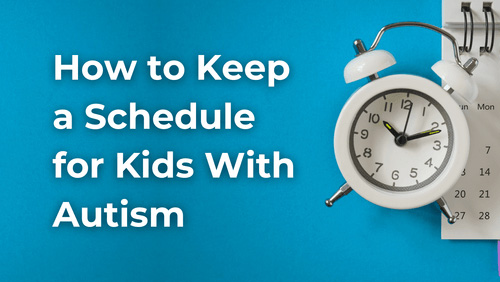
Children thrive on routine, and they learn best from repetition. Children with autism spectrum disorder (ASD) especially appreciate predictability and patterns. Establishing routines at home can promote positive bonds between children and caregivers and ease the unpredictability of everyday life for young children.
January 30, 2024
The holidays come with many festivities, outings, family gatherings and travel. For many of us, it’s very exciting! Yet all the commotion and new faces can be overwhelming for kids.
December 18, 2023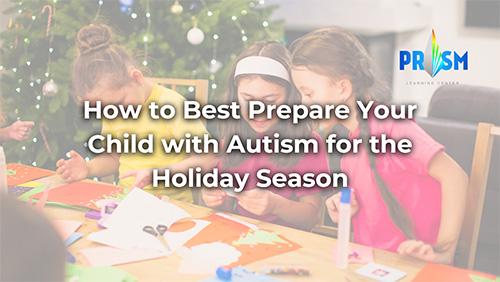
The holidays can be a difficult time for children with autism. However, there are gradual steps you can take to prepare your child and ease them into these changes.
November 20, 2023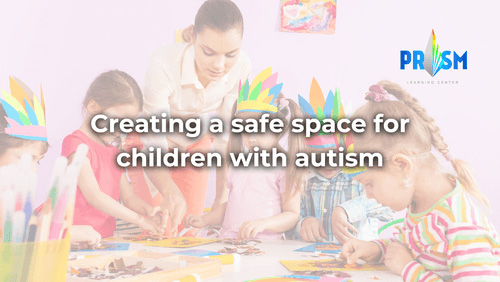
It’s so important to foster environments where kids with autism can flourish, be themselves, and avoid “masking,” – the act of hiding their true selves in order to fit in, which may result in autistic burnout later in life.
October 23, 2023"*" indicates required fields
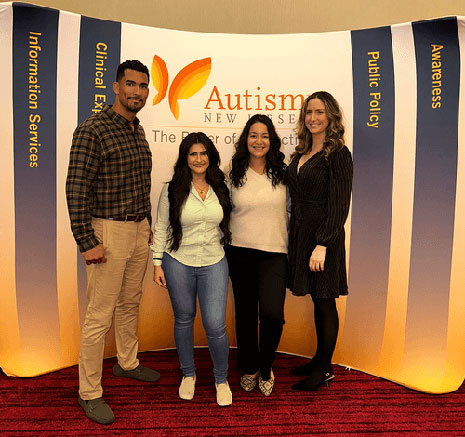
Join Our Team at PRISM Learning Center! Are you passionate about making a positive impact on the lives of individuals within the Autism community? At PRISM, we are dedicated to enhancing the quality of life for learners and their families by addressing the emotional, physical, and financial challenges associated with Autism.
Our mission revolves around supporting the successful independent development of our learners through the Applied Behavior Analysis approach. We believe that by teaching adaptive behaviors, we can empower our learners to become happy, productive, and contributing members of society. Success, for us, is not just achieving therapy goals but witnessing our learners thrive independently beyond our services.

Make a difference of social importance for the family.

Focus on observable and measurable behavior.

Prove relationships between behavior and the environment.

Procedures are clear and replicable.
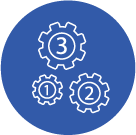
Relate procedures to behavioral principles.

Behavioral techniques result in socially significant change.

Results are durable and long lasting.